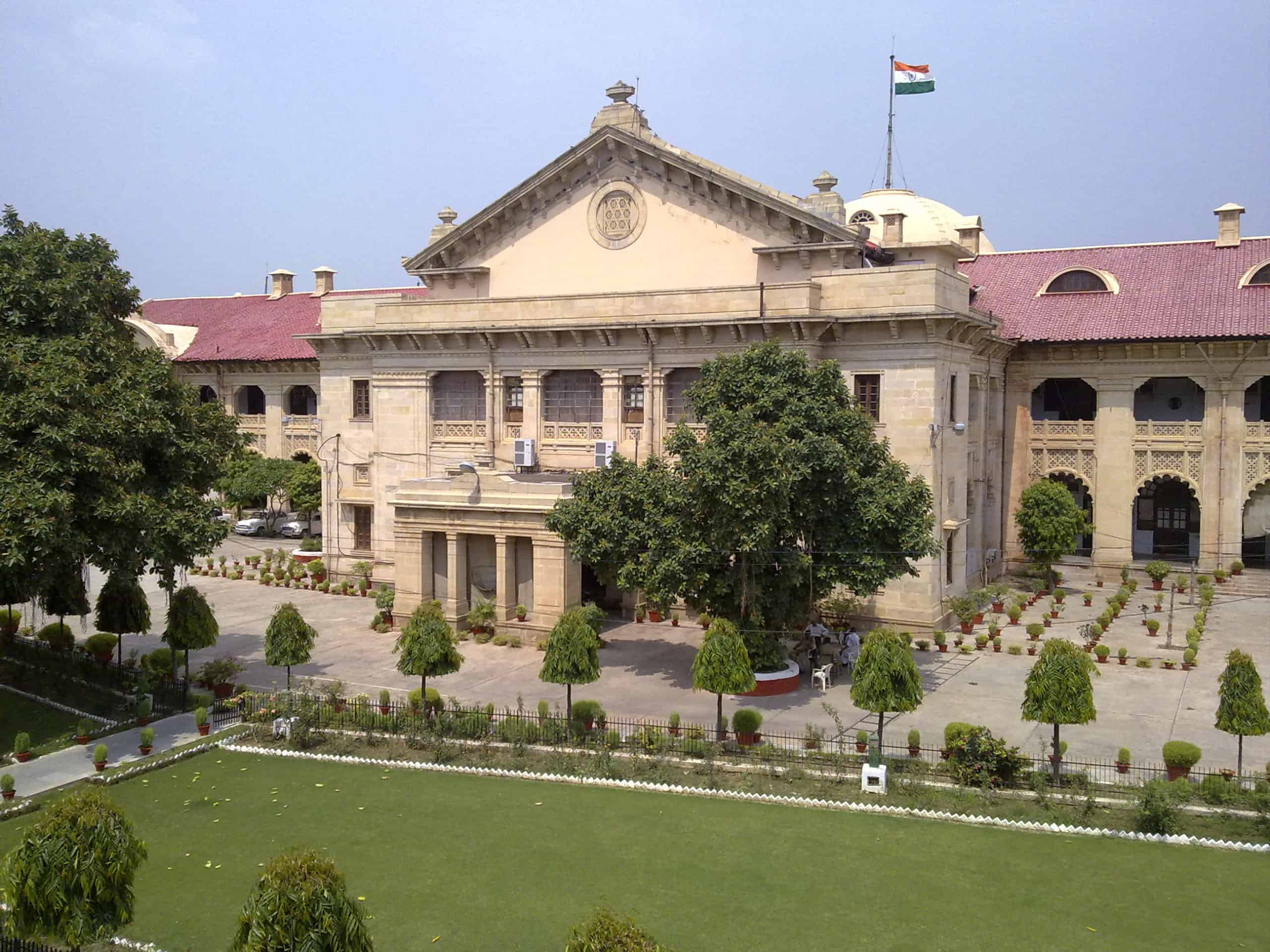The difficulties faced by a decree holder in execution of a decree continue to remain the same as it was in the 19th century, the Supreme Court observed on Friday [Messer Griesheim Gmbh (Now Called Air Liquide Deutschland Gmbh) v. Goyal Mg Gases Pvt. Ltd.]
The hardships of a decree holder were noticed by the Privy Council as far back as 1872 and the situation continues to remain the same more than a century later, a Bench of Justices Ajay Rastogi and AS Oka observed.
“It is an old saying that the difficulties of the litigant in India begin when he has obtained a decree. The evil was noticed as far back in 1872 by the Privy Council in relation to the difficulties faced by the decree holder in execution of the decree. After more than a century, there has been no improvement and still the decree holder faces the same problem what was being faced in the past,” the Court said.
A litigant coming to Court seeking relief is not interested in receiving a paper decree when he succeeds in establishing his case, the Court stated.
“Instead, what he primarily wants from the Court of Justice is the relief and if it is a money decree, he wants that money what he is entitled for,” the order said.
The Court was hearing an appeal filed by a decree holder against a 2014 judgment of a Division Bench of the Delhi High Court in relation to execution of a money decree.
The High Court had relegated him to file his execution petition before the District Court.
The appellant was able to procure a money decree from a foreign court – notified as a superior Court of a reciprocating territory – way back on February 7, 2006
The appellant had initiated proceedings before the High Court of Justice, Queen’s Bench Division, Commercial Court, United Kingdom (foreign court) which is a superior court of a reciprocating territory (namely, United Kingdom of Great Britain and Northern Island) notified under Section 44A of the Code of Civil Procedure (CPC).
The foreign court by a judgment and decree dated February 7, 2006 granted a money decree for a principal sum of US$ 5,824,564.74.
The respondent did not file any appeal against the judgment dated February 7, 2006 and it attained finality.
The appellant filed a petition for execution of money decree in the Delhi High Court in April 2006. The total decretal amount on the date of filing of the execution petition before the Delhi High Court on 27 April, 2006 was exceeding ₹20 lakh which was the pecuniary limits of the Delhi High Court in terms of Section 5(2) of the Delhi High Court Act, 1966 to entertain the execution petition as the principal Court of original jurisdiction.
The pecuniary jurisdiction of High Court was later enhanced to ₹2 crores in 2015.
A single-judge overruled objections on maintainability raised by the respondent citing jurisdiction issues. It, then ruled in favour of the appellant and directed that a property situated in Ghaziabad be attached.
On appeal, the Division Bench examined the issue of jurisdiction and arrived at the conclusion that Section 44A is an independent right conferred on a foreign decree holder for enforcement of its decree in India.
It is a fresh cause of action and has no corelation with jurisdictional issues. The scheme of Section 44A of the CPC is alien to the scheme of domestic execution as provided under Section 39(3) of the Code, the Division Bench ruled.
It, therefore, ordered that the High Court, not being a District Court, in terms of Section 44A of the Code, is not vested with the jurisdiction to entertain execution petition and it directed that petition be transferred to the court of District Judge within whose jurisdiction the property sought to be attached was situated.
The appellant moved the Supreme Court in appeal against the same.
The question before the Supreme Court was whether the Delhi High Court in exercise of its original jurisdiction was a competent court to entertain an execution petition with respect to a money decree (in excess of Rs.20 lakhs) of a foreign Court which was notified as a superior court of reciprocating territory under Section 44A of CPC.
The Supreme Court examined Section 2(4), 6, 13 and 44A of the CPC to conclude that wherever High Court has original civil jurisdiction based on pecuniary value of the suit, the District Court or the High Court in its ordinary original civil jurisdiction is competent to exercise power for execution of decree, including money decree of the foreign court of reciprocating jurisdiction, provided other conditions are complied with as contemplated under Section 44A of CPC.
The expression “District Court” in Section 44A for execution of foreign decree, should be construed to be the court holding ordinary original civil jurisdiction in terms of its pecuniary limits as being notified under Section 5(2) of the Act 1966.
In this present case, the Delhi High Court being such court, it has exclusive jurisdiction to execute a foreign decree under Section 44A of the CPC.
The Court, therefore, allowed the appeal and sent the matter back to the Division Bench to be decided on merits.
Senior Counsel Abhishek Manu Singhvi appeared for the appellant while Senior Counsel Rakesh Dwivedi represented the respondent.
Read Judgment here:




